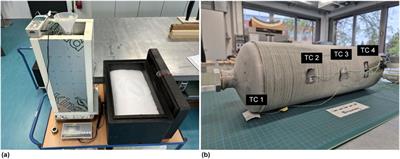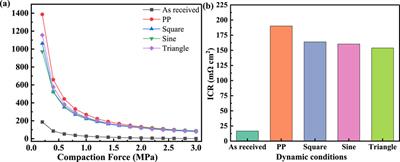ORIGINAL RESEARCH
Published on 29 Nov 2024
A novel design approach: increase in storage and transport efficiency for liquid hydrogen by using a dual concept involving a steel-fiber composite tank and thermal sprayed insulating coatings
doi 10.3389/fenrg.2024.1441746
- 626 views


